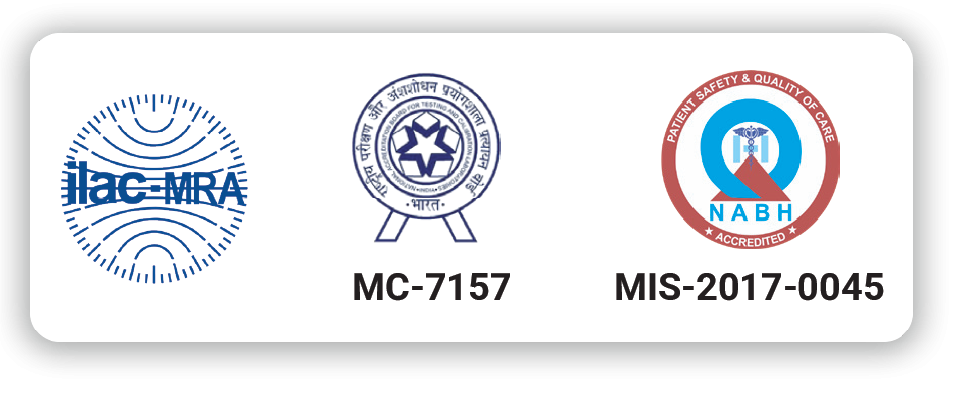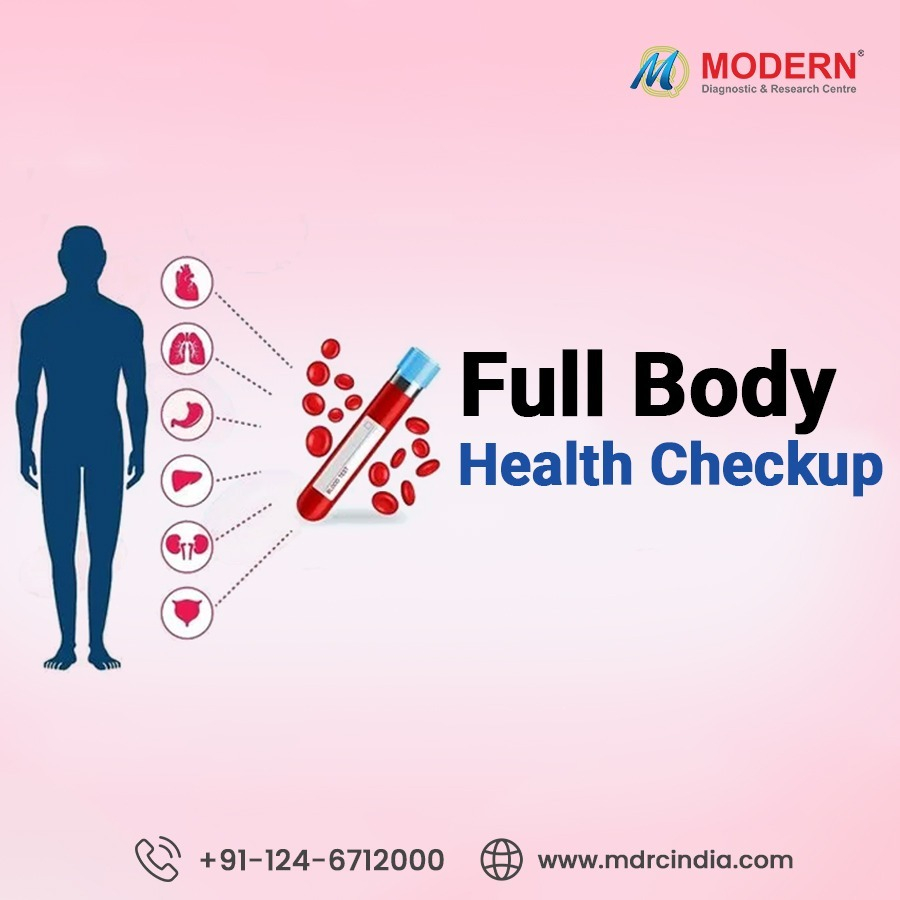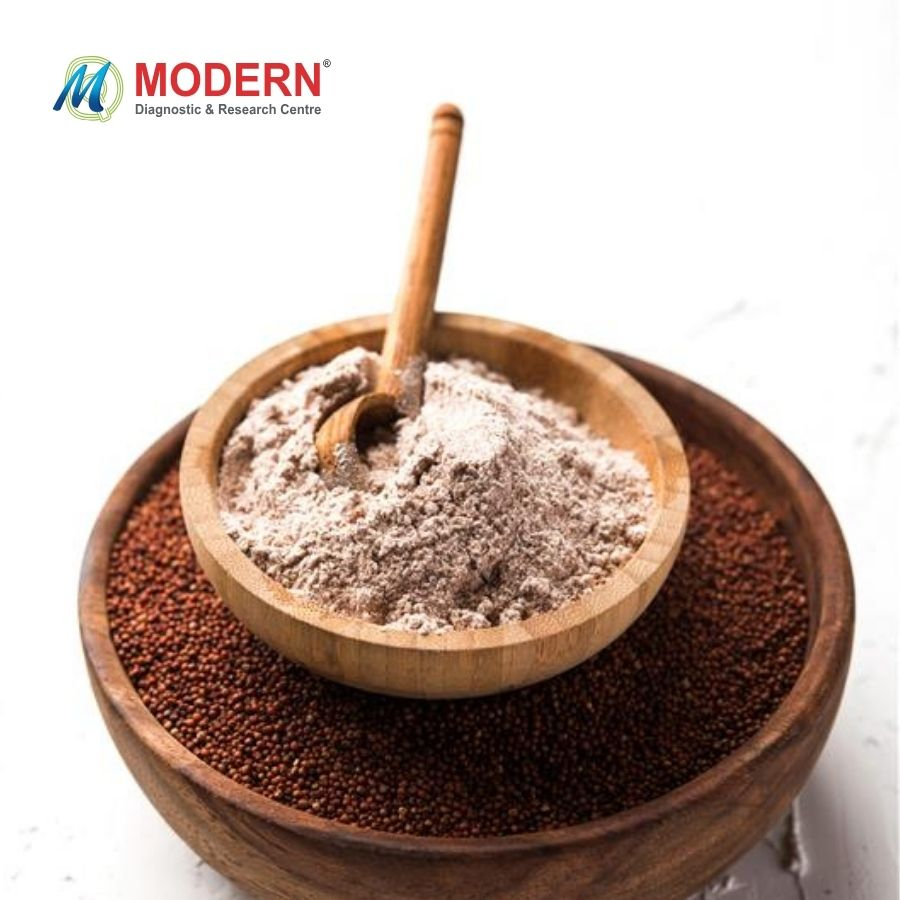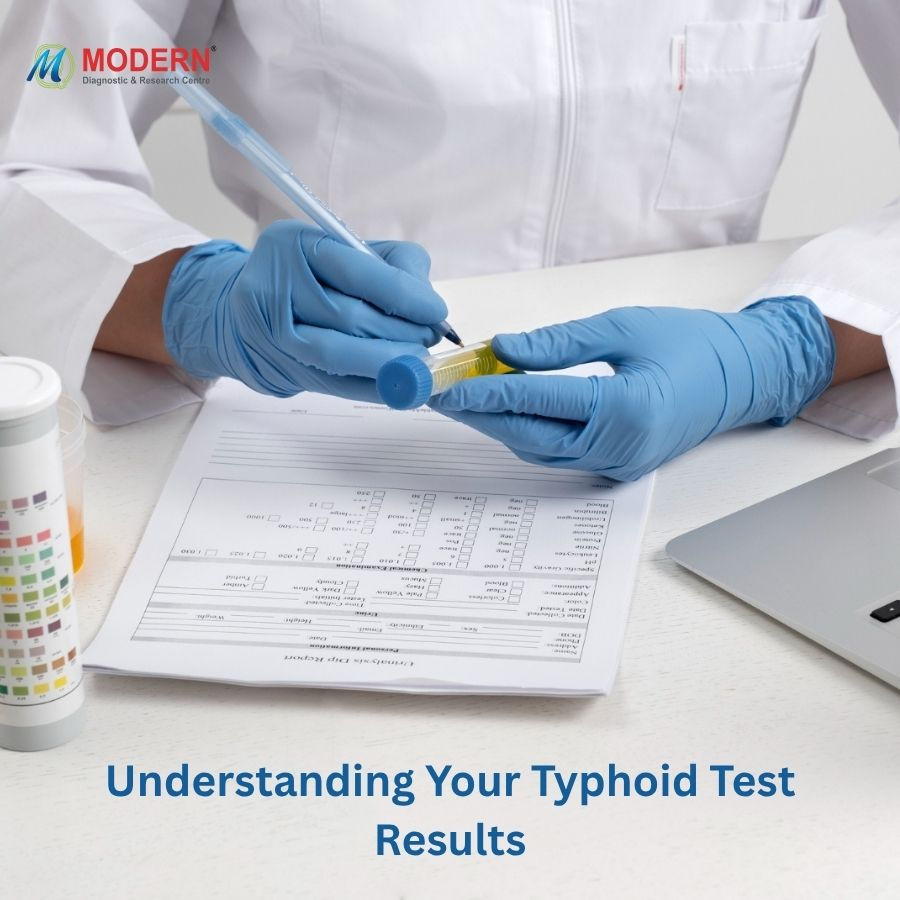Protection of the baby starts right after their birth from a series of bacteria and viruses. To tackle this issue your baby needs vaccination. The childhood vaccine schedule, or immunization schedule, is a list of vaccines that your child should have after birth to the age of 12. Healthcare professionals advised that each child should get these vaccines at a specific age to protect themselves from several life-threatening diseases or complications that may affect their proper development.
The immunization process is very important for the proper development and growth of the child. Experts develop and update the schedule of vaccination according to recent studies. Timing of the given vaccine is determined after considering all the odds and how it can protect the child from life-threatening diseases and viruses.
A few things that are taken into consideration before vaccination -
• A child’s age is considered to determine if its immune system will respond accordingly to the specific vaccine.
• The time when a child is at higher risk of getting the disease.
Infants are at greater risk of catching a disease; that’s why the infant vaccination schedule starts right after the birth. So, following the vaccination schedule is important for the protection and safety of your child.
Vaccines for the newborns -
• Hepatitis B within the 24 hours of birth.
• RSV (respiratory syncytial virus) antibody within the first week.
2-month vaccines -
• HepB, second dose
• Rotevirus, first dose
• Diphtheria, tetanus and acellular pertussis (DTaP), first dose
• Haemophilus influenza type B (Hib), first dose
• Inactivated poliovirus (IPV), first dose
• Pneumococcal conjugate (PCV), first dose
4-month vaccines -
• Rotavirus, first dose
• DTaP, second dose
• Hib, second dose
• PCV, second dose
• IPV, second dose
6-month vaccines -
• hepB, third dose
• rotavirus, third dose
• DTaP, third dose
• Hib, third dose
• PCV, third dose
• IPV, third dose
• Flu vaccine
• COVID- 19 vaccine
12-month vaccines -
• Measles, mumps and rubella (MMR), first dose
• Hepatitis A (HepA), first dose
• PCV, fourth dose
15-month vaccines -
• Varicella (VAR), first dose
• DTaP, fourth dose
• Hib, final dose
18-month vaccines -
• HepA, second dose
Vaccines for 4-year-old child
These vaccines can be taken from the age of 4, up until 6 year old. Doctors will help you determine the time but make sure your child get all the vaccines that they needed before the age of 6.
• DTaP,fifth dose
• IPV, fourth dose
• MMR, second dose
• VAR, second dose
Vaccines for 10 to 12-year-olds -
• Tetanus, diphtheria and acellular pertussis (Tdap)
• Human papillomavirus (HPV)
• Meningococcal (MenACWY)
All these may look like a lot, but it is very crucial that your child get the shot or dose at the right age which protects them from various diseases and viruses at the early stage of their life when they are most vulnerable to the life-threatening diseases.
To decrease the number of shots, pediatricians can use a single appointment to give them a combination of various vaccines. For example, they can give Vaxelis vaccine combined with DTaP, HepB, Hib, and IPV in a single shot.

















